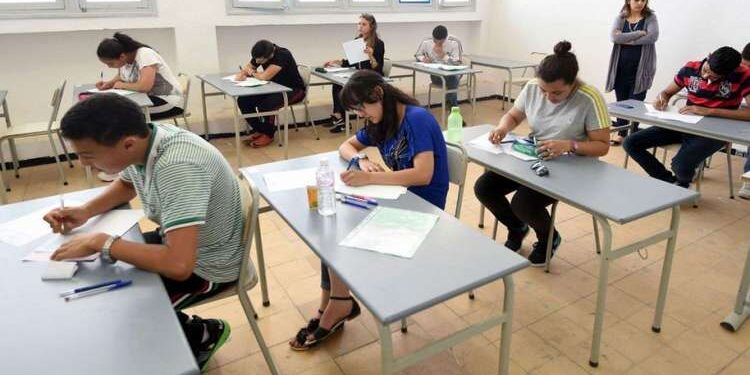This Monday, June 9, 2025, when the Baccalaureate candidates resume their written tests after a break linked to Eid Al-Adha, the Minister of Education, Noureddine Nouri, gave a first assessment of this current session during a declaration on Radio Sfax.
With the reassuring posture specific to senior officials, he said that the “feeling of satisfaction” was “large” among students, teachers and inspectors, and that the BAC 2025 tests took place “in accordance with expectations”. He emphasized vigilance against fraud, described as “very limited”, thanks to strict measures such as the ban on mobile phones in awareness -raising centers and campaigns.
But behind this ministerial insurance, it is necessary to keep in memory the figures accumulated over the previous years, which tell a less idyllic reality. Indeed, it is not the fraud of the bac 2025 – still in progress – which nourish the controversy, but rather those of the past sessions: 1,200 cases in 2022, 805 in 2023, and 378 in 2024sometimes with the complicity of teachers. These statistics recall that cheating in the bac remains a persistent scourge in the Tunisian education system.
The Minister wants to be confident and invites not to dramatize the current situation: “The fight against fraud is not on the agenda because we have effective devices”. But the truth is that despite the prevention efforts, the path to a tank completely free of fraud remains strewn with pitfalls.
The planned sanctions are severe and could dissuade fraudsters: Prohibition of registration for the exam from 1 to 5 years Depending on the severity, exclusion of public establishments … A hard line that should be held without concession.








